
Decentralized finance (DeFi) continues to push the boundaries of what’s possible in digital markets, yet one challenge has persisted: streamlining KYC for token sales and allowlist management without sacrificing user privacy or operational speed. The latest evolution comes in the form of onchain attestations for KYCed addresses, a mechanism that is rapidly transforming DeFi onboarding and compliance workflows.

Why Onchain Attestations Are a Game-Changer for DeFi Token Sales
Traditional KYC methods are cumbersome, often involving multiple rounds of document uploads, manual reviews, and repeated identity checks across platforms. This friction not only delays participation in high-demand token launches but also introduces unnecessary risk and cost for both users and project teams. Enter onchain attestations: cryptographically signed proofs of identity issued directly on blockchain networks.
Blockpass’s On-Chain KYC® 2.0, for example, enables instant issuance of reusable digital identities. Once a user completes verification with a trusted provider, they receive an onchain attestation linked to their wallet address. This attestation can be presented across any participating DeFi platform, eliminating redundant verifications while maintaining compliance integrity. The result? Lightning-fast onboarding, drastically reduced admin overhead, and seamless eligibility checks during token sales.
Automated Allowlist Management: Compliance at Smart Contract Speed
The ability to efficiently manage allowlists is critical during token launches or NFT mints. Onchain attestations take this further by embedding eligibility criteria directly into smart contracts. Solutions like Chainlink’s Automated Compliance Engine (ACE) enable projects to create registries mapping wallet addresses to verified credentials, think KYC/AML status or residency checks, without ever exposing sensitive data onchain.
This real-time compliance enforcement means that only users holding valid attestations can interact with sale contracts, participate in gated communities, or access exclusive features. No more manual cross-checks or off-chain spreadsheets; instead, everything is handled natively at the protocol layer with full auditability.
Key Benefits of Onchain Attestations for DeFi Allowlists
-
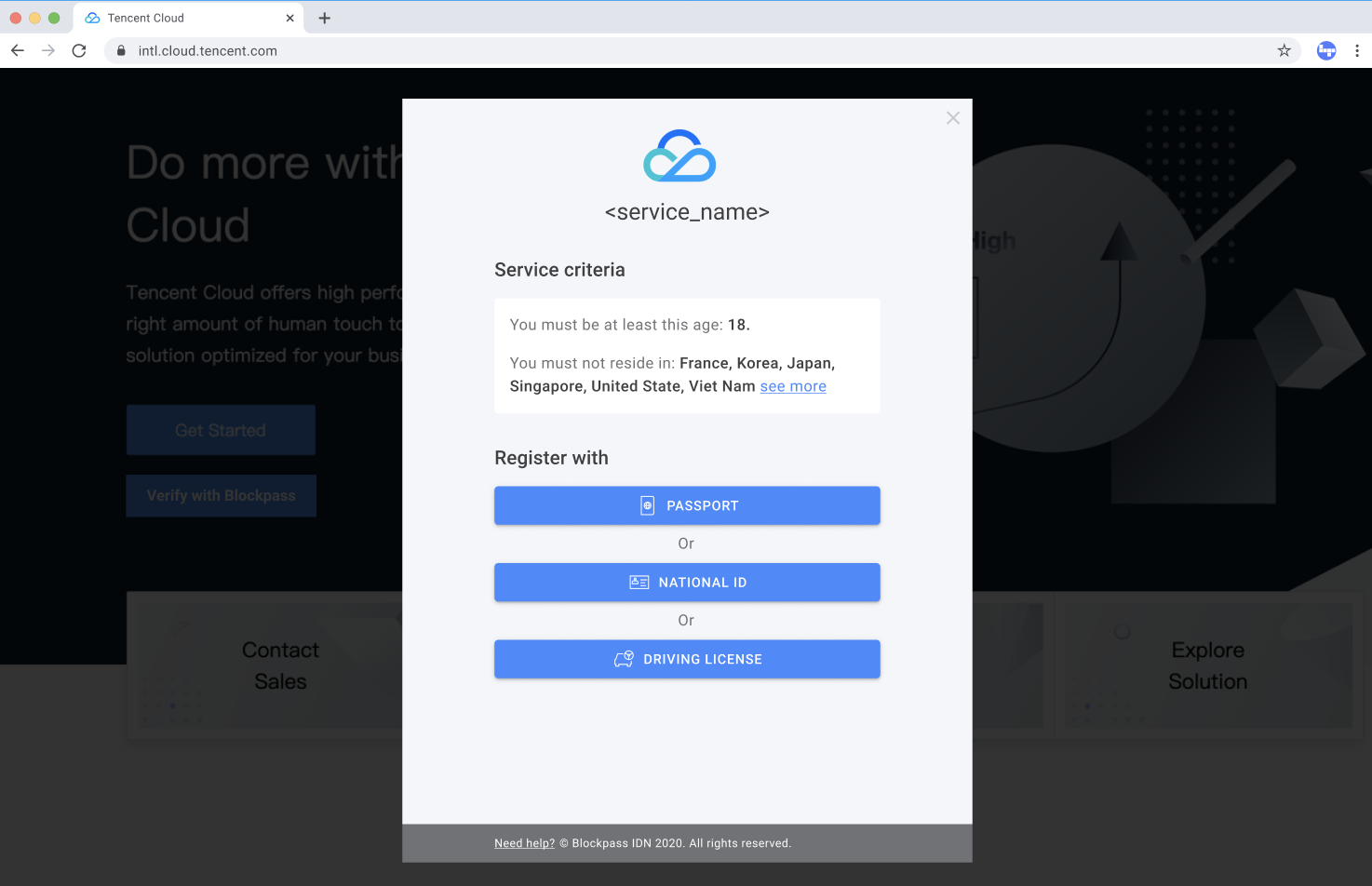
Reusable Digital Identities: Solutions like Blockpass On-Chain KYC® 2.0 allow users to create a single, verified digital identity that can be reused across multiple DeFi platforms, eliminating redundant KYC checks and accelerating onboarding.
-
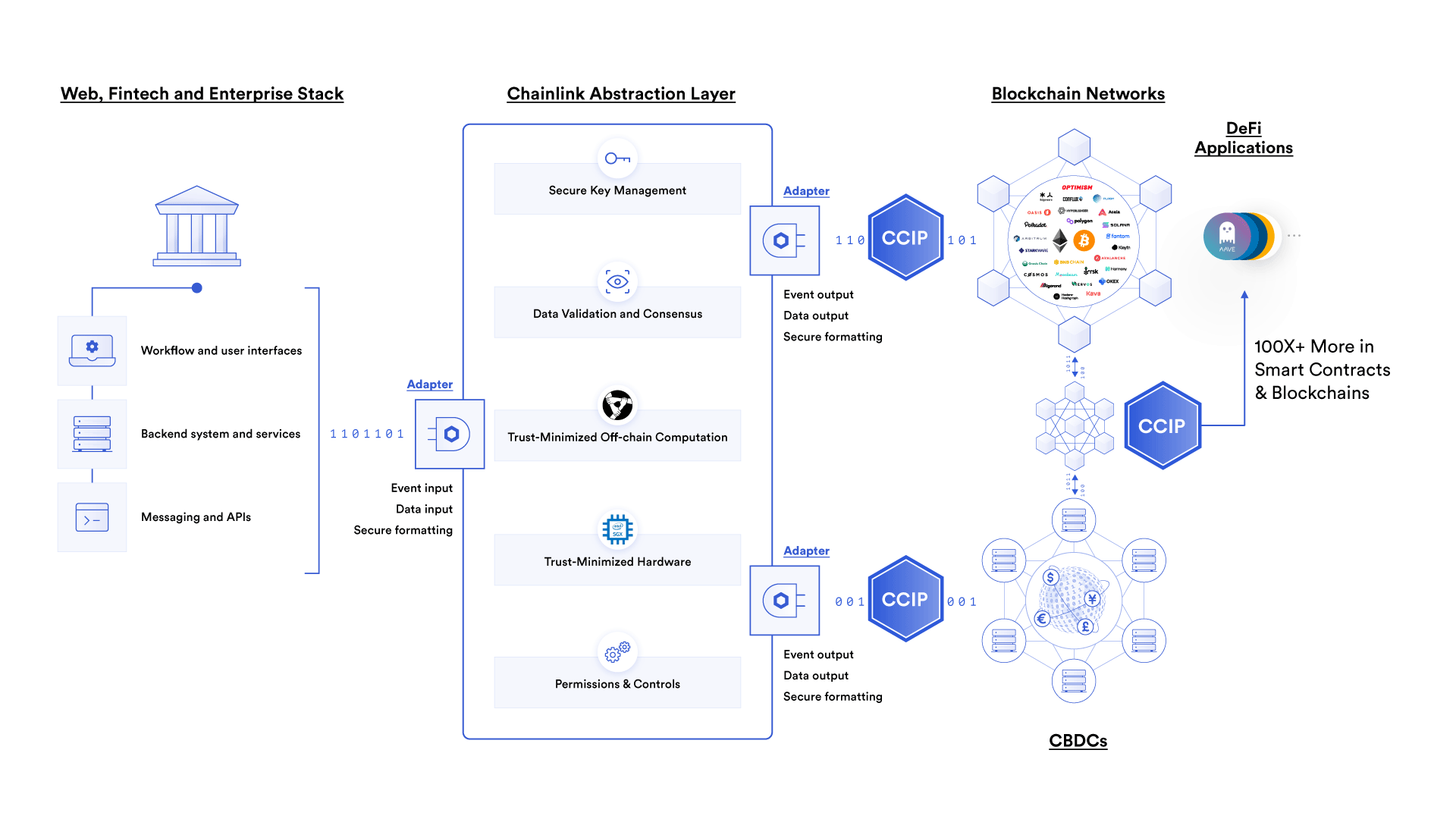
Automated and Dynamic Compliance: Platforms such as Chainlink Automated Compliance Engine (ACE) embed compliance logic into smart contracts, enabling real-time, automated allowlist management and ensuring only eligible users participate in token sales.
-
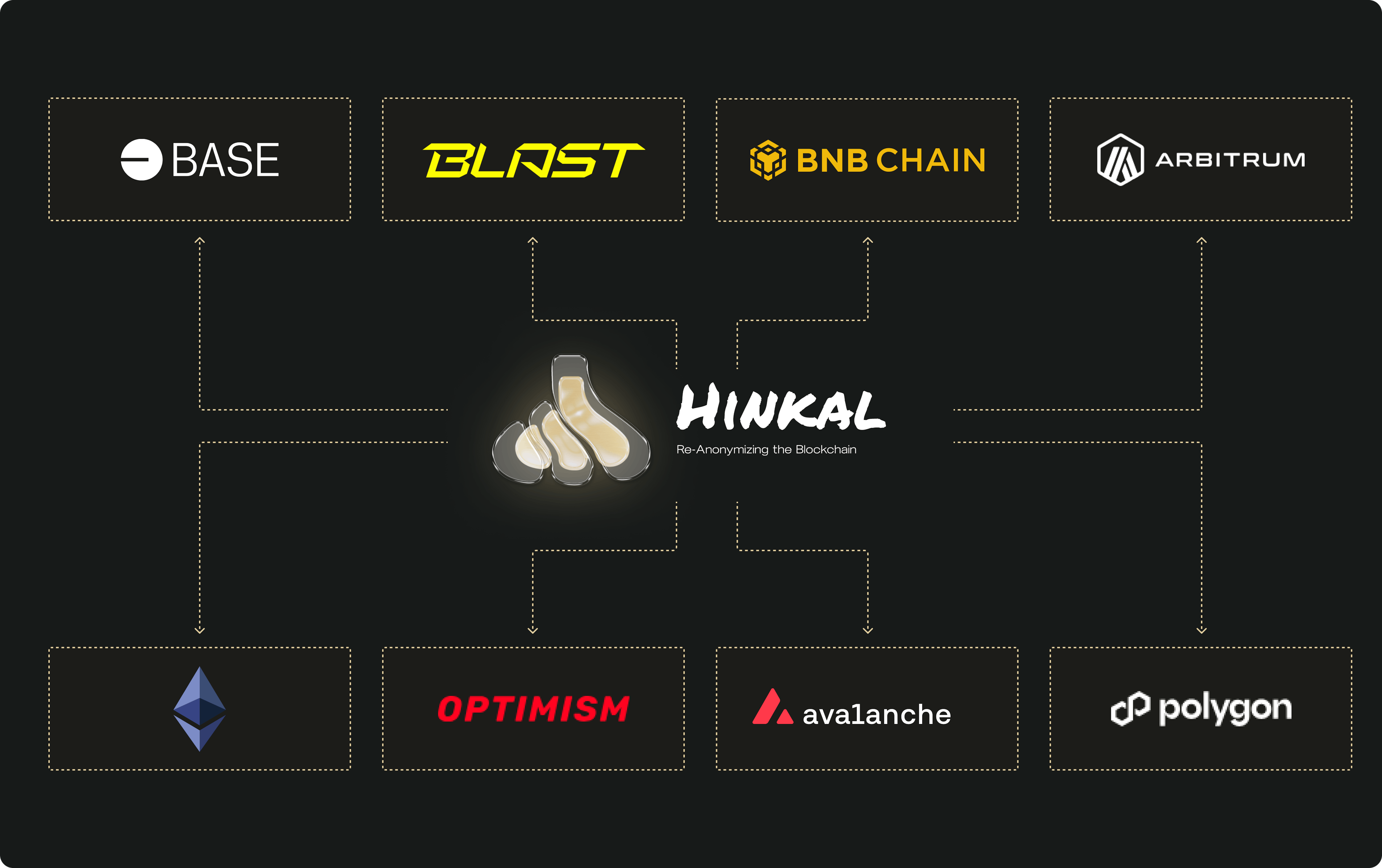
Privacy Preservation: Onchain attestation frameworks, including Hinkal, use zero-knowledge proofs and shielded addresses to verify user compliance without exposing personal data, maintaining user privacy while meeting regulatory requirements.
-
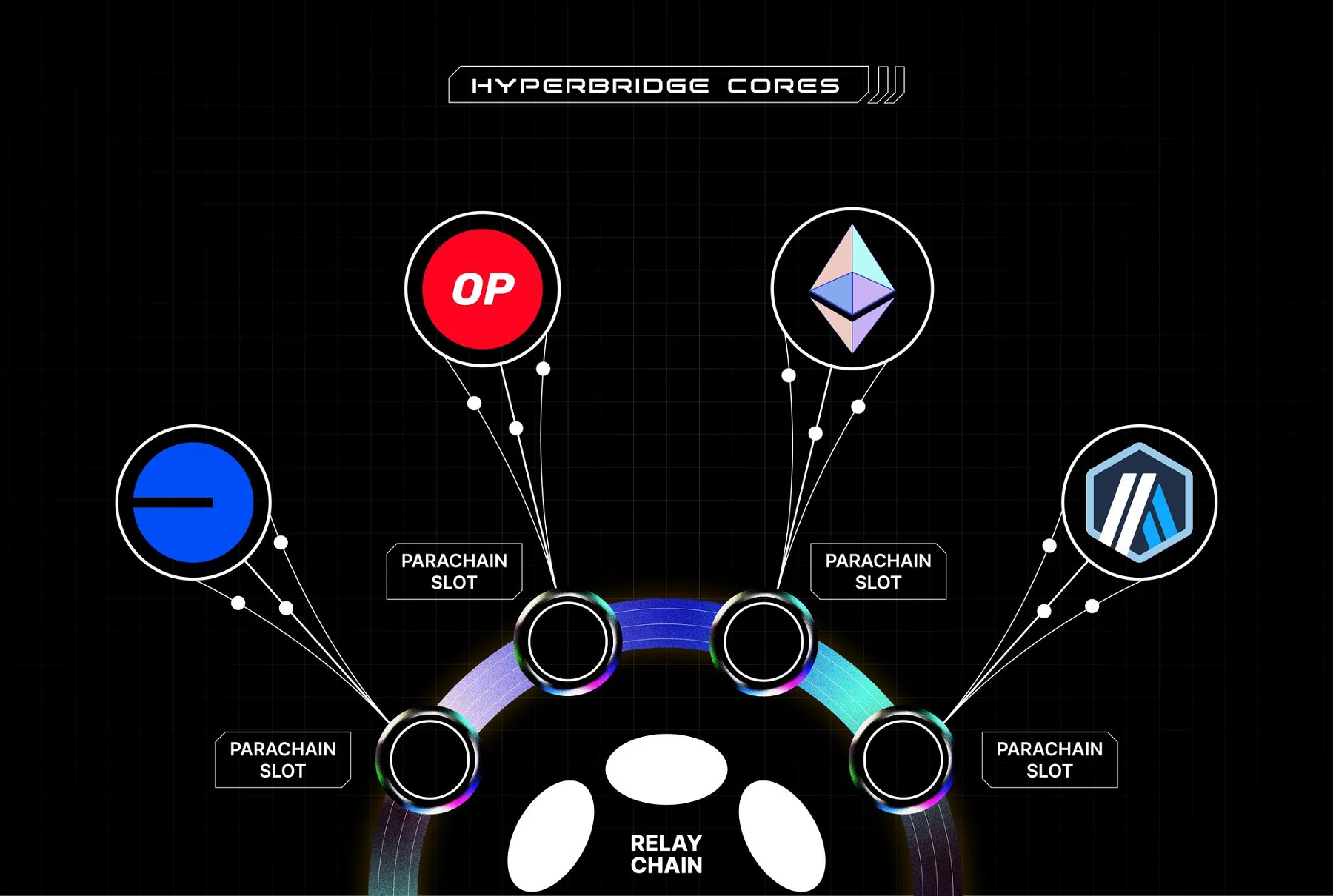
Interoperability Across Platforms: Protocols like Attest Protocol offer schema-based attestation systems that are compatible with multiple blockchains, allowing seamless integration of KYC attestations into diverse DeFi applications.
-
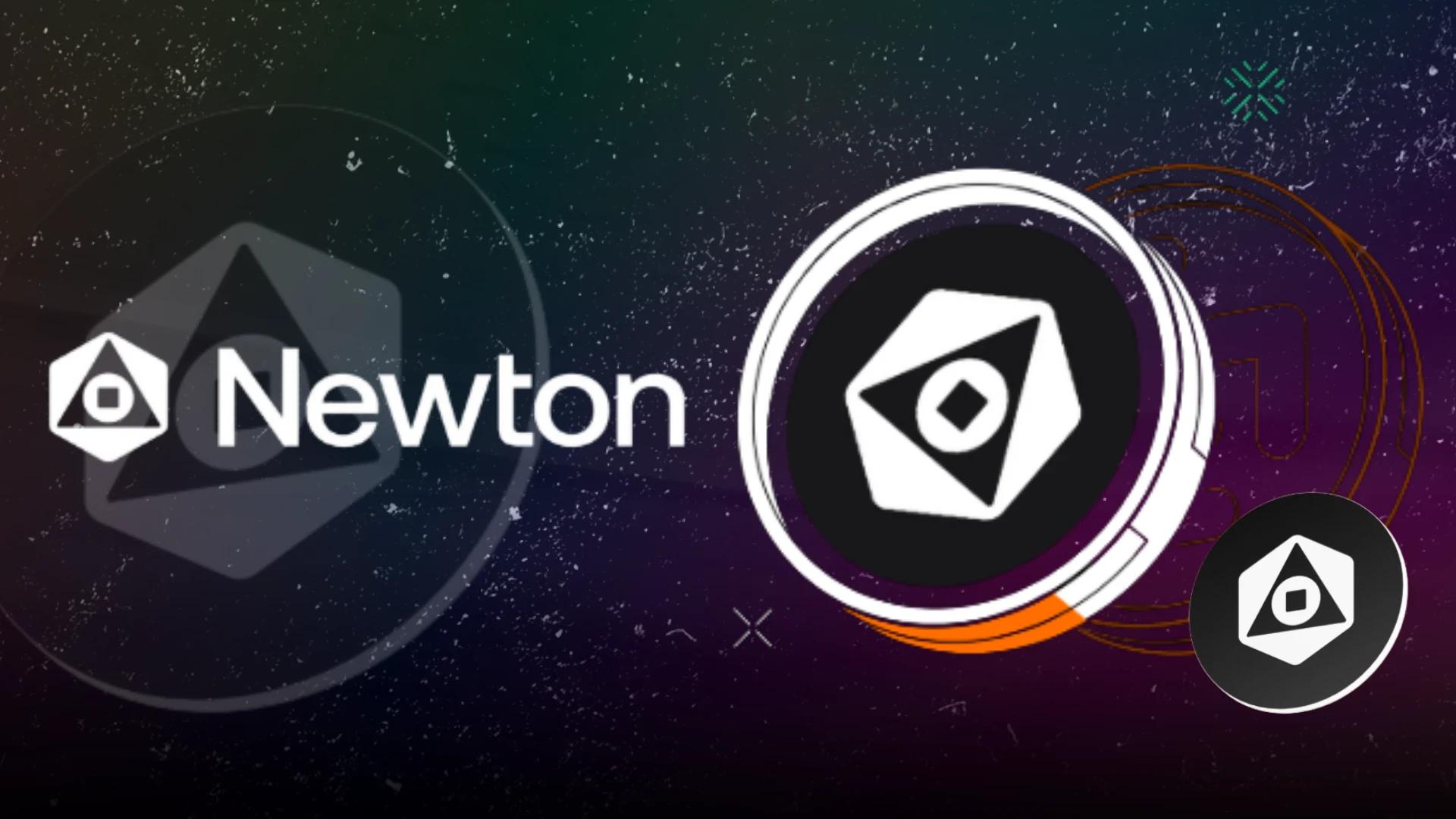
Reduced Administrative Overhead: By issuing cryptographically signed attestations directly onchain, platforms minimize manual verification and paperwork, streamlining allowlist management and reducing operational costs for DeFi projects.
Privacy-Preserving Verification: Zero-Knowledge Proofs Meet Reusable Credentials
A core concern for both users and regulators is the protection of personal identifiable information (PII). Modern attestation protocols are designed with privacy at their core. By storing only the proof, not the underlying data, onchain, individuals can demonstrate compliance without broadcasting sensitive details to the world.
Platforms like Hinkal are pioneering zero-knowledge proof integrations that enable confidential transactions while ensuring only verified participants are allowed into regulated pools or events. This approach aligns perfectly with evolving global regulations around data minimization and user consent.
The Interoperability Advantage: One Credential, Many Platforms
The next frontier is interoperability: enabling a single set of reusable KYC credentials in Web3. Protocols such as Attest Protocol offer schema-based frameworks that standardize how attestations are issued and verified across chains and dApps. For developers, this means plug-and-play integration; for users, it means fewer hurdles between them and the next big opportunity in DeFi.
By leveraging these interoperable attestation standards, DeFi projects can tap into a global pool of pre-verified users, instantly boosting participation without compromising on security or regulatory alignment. This paradigm shift is especially critical as token sales and NFT drops become increasingly competitive, where seamless onboarding can make or break a launch.
Equally important is the agility that comes with automated allowlist management. As compliance requirements evolve, smart contracts can be updated to reference new attestation schemas or adjust eligibility criteria on the fly. This dynamic approach keeps projects adaptable and future-proofed against shifting regulatory landscapes.
Real-World Impact: Efficiency, Trust, and User Experience
The operational impact of onchain attestations is already visible across leading DeFi ecosystems. Automated KYC verification slashes onboarding times from days to minutes, while robust audit trails mean that both users and regulators have transparent proof of compliance at every step. The frictionless experience encourages greater participation in token sales and gated communities, without exposing users to unnecessary risk.
For allowlist managers and project founders, the benefits are even more pronounced:
Real-World Impacts of Onchain KYC Attestations in DeFi
-

Blockpass On-Chain KYC® 2.0: Enables verifiable, reusable digital identities for DeFi token sales, drastically reducing onboarding friction and administrative costs while ensuring regulatory compliance.
-

Chainlink Automated Compliance Engine (ACE): Powers dynamic, automated allowlist management by linking onchain identities to offchain KYC/AML credentials, ensuring only authorized users can participate in token launches.
-
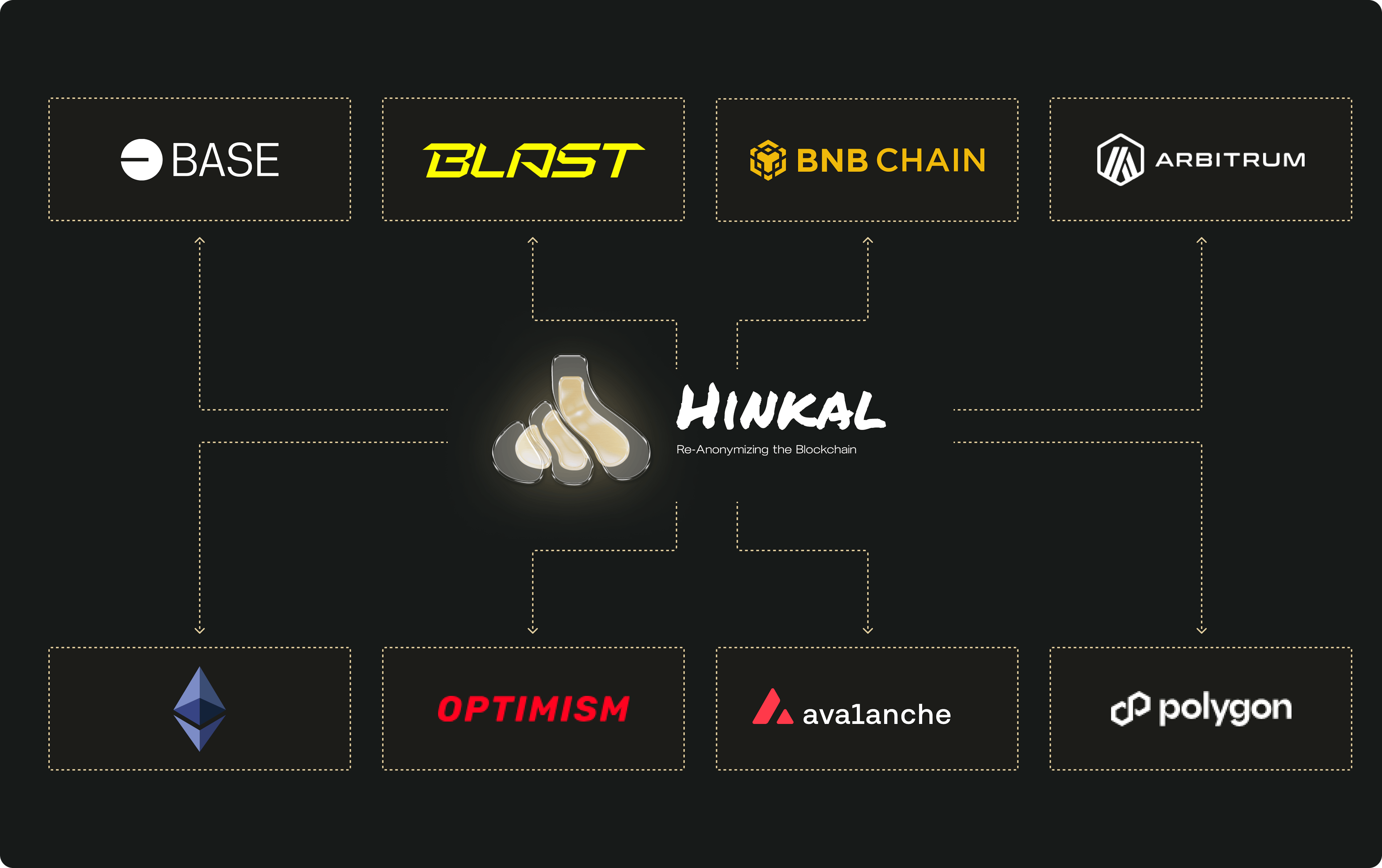
Hinkal Privacy for Verified Users: Integrates zero-knowledge proofs and shielded addresses, allowing users to prove KYC compliance and transact privately, protecting sensitive data while maintaining regulatory standards.
-

Sumsub x BNB Attestation Service: Converts Web2-verified credentials into reusable onchain attestations, streamlining access to multiple DeFi platforms with a single digital identity.
-
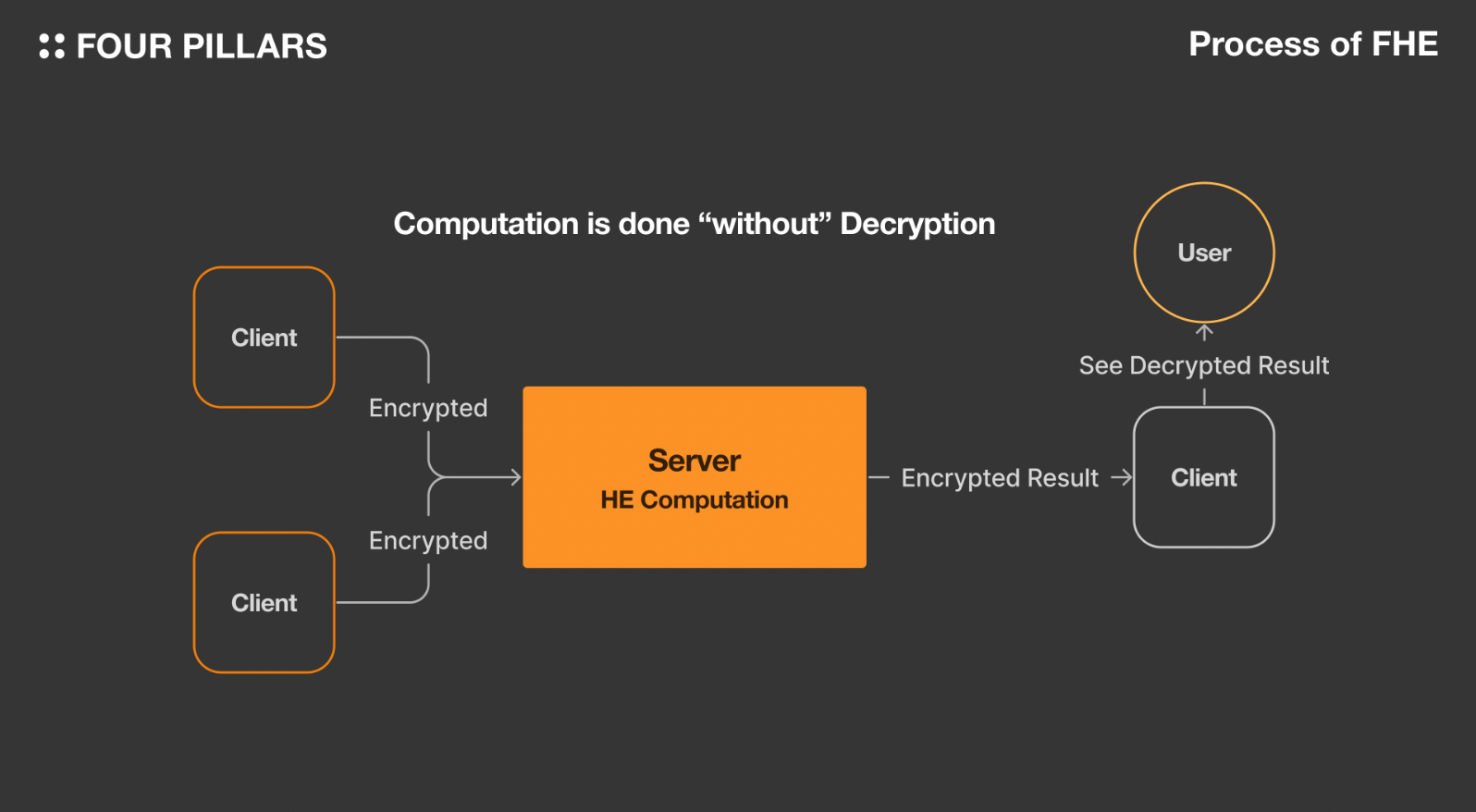
Attest Protocol Schema-Based Attestations: Offers a flexible, interoperable framework for integrating KYC attestations across blockchain networks, simplifying compliance for developers and users alike.
From streamlined compliance checks to global accessibility for verified users, the shift toward onchain attestations is rapidly becoming the gold standard for DeFi token sale KYC automation and allowlist management blockchain solutions.
Building Secure Communities: What Comes Next?
The evolution of privacy-preserving KYC verification doesn’t stop here. As protocols adopt advanced cryptography, such as soulbound tokens (SBTs) for non-transferable credentials, and expand support for cross-chain interoperability, expect even more granular control over identity permissions and access rights in Web3 ecosystems.
Forward-thinking teams are already integrating these tools into their infrastructure. If you’re building or managing a community-driven project, now’s the time to explore how onchain attestations for KYCed addresses can future-proof your operations. Dive deeper into secure allowlist strategies at this resource.






